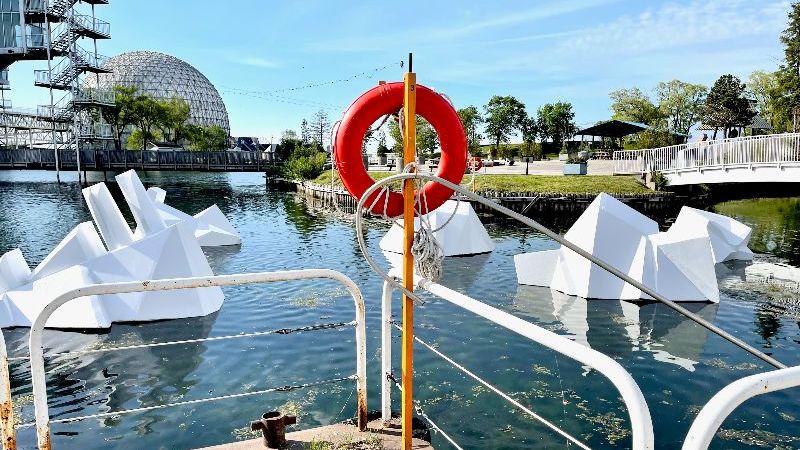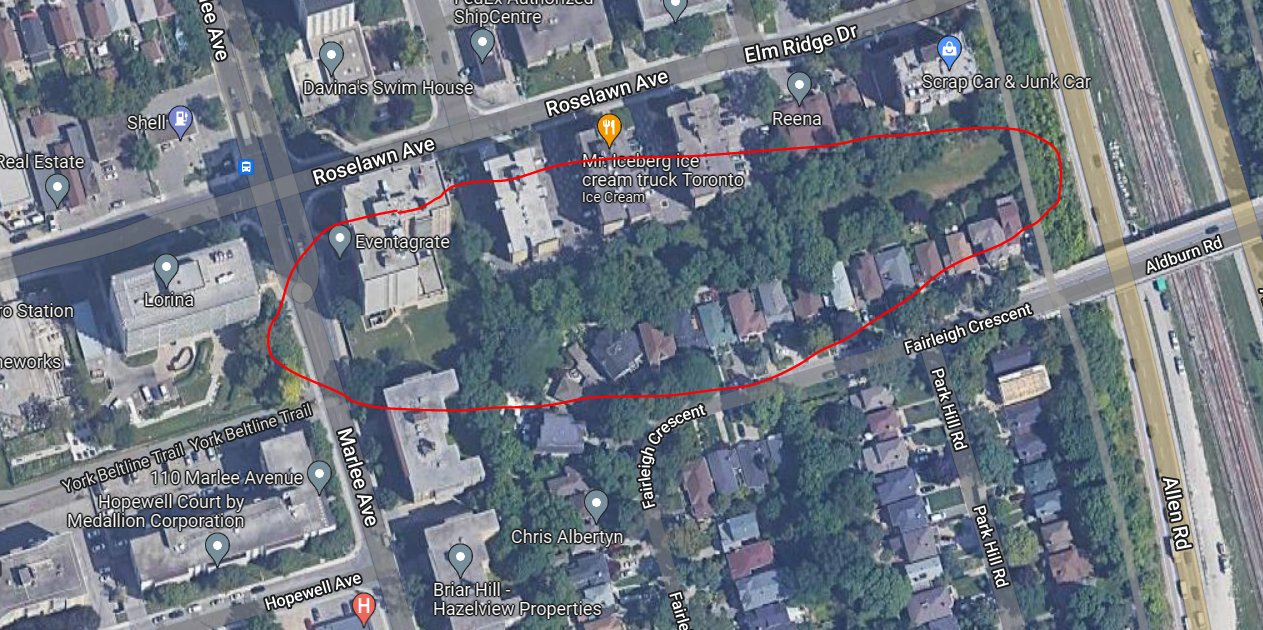
We hope you can join us for an appreciation walk around the grounds of Ontario Place on the Toronto waterfront this Sunday, November 13, from 10 am to 11:30 am.
Why the urgency? The Ontario government is asking for public input via an online “virtual station” survey. The deadline for completing the survey is Friday, November 18. You may find it to be confusing.
That’s why we are offering this appreciation walk to get to know the site in person and to help you better understand the proposed changes.
Various organizations and media are encouraging the government to leave it entirely as public parkland. You can read media discussion on the website of advocacy group OntarioPlace4All. A couple of members of this organization will be joining us on the walk to offer insight into the government’s proposed plans. With this knowledge we can better participate in the public consultation process –– including the current survey.
We hope you can join us. Bring your family and friends.
We will meet at the William G. Davis Trail at the entrance to Trillium Park (corner of Ontario Place Blvd and Remembrance Drive). Dress warmly. It is cool at the waterfront if there is a breeze. The walk will loop back to the start point and is wheelchair accessible although parts of the trail can be rough. The Royal Winter Fair is still happening on the Exhibition grounds so plan accordingly. Our start location is a 20 minute walk from the Exhibition GO station, 14 minute walk from the 509/511 streetcar stop at Manitoba Ave and Strachan (wheelchair accessible), note the 29C Dufferin bus will not go through the Ex grounds during the Royal Winter Fair (stops at Dufferin Gate loop).
Photo by Lee Scott


